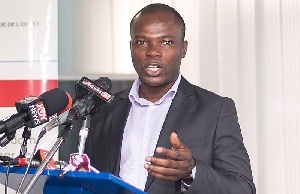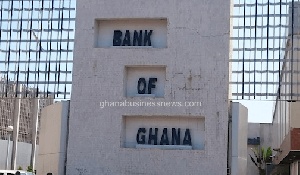- Home - News
- Elections 2024
- News Archive
- Crime & Punishment
- Politics
- Regional
- Editorial
- Health
- Ghanaians Abroad
- Tabloid
- Africa
- Religion
- Photo Archives
- Press Release
General News of Friday, 6 June 2025
Source: www.ghanawebbers.com
Dumsor Levy: Reset Ghana by ending waste, not taxing fuel, says Sulemana Braimah
Sulemana Braimah, the Executive Director of the Media Foundation for West Africa (MFWA), criticized the government's new GH¢1 levy on petroleum products.
He called it an unfair burden on struggling Ghanaians. He described it as a reckless move that ignores deeper governance issues.
His comments followed Parliament's approval of the Energy Sector Levy (Amendment) Bill, 2025, on June 3. This bill introduces a new tax to address energy sector debts and stabilize electricity supply.
In a Facebook post, Mr. Braimah questioned why citizens must pay more taxes. He pointed out that billions have been lost due to corruption and waste.
“Resetting Ghana shouldn’t mean imposing new taxes on the poor,” he wrote. “It should focus on reducing waste and looting in all sectors.”
Braimah highlighted that Ghana has lost over GH¢38 billion in recent years due to government inefficiencies and corruption.
“We should recover that money instead of adding more taxes,” he urged. “Ghanaians are already weary from financial burdens.”
He also challenged the government to explain past revenue from fuel-related taxes.
“Last year, Ghanaians paid nearly GH¢26 billion in fuel taxes,” he noted. “Where did that money go? What problems did it solve?”
Despite these figures, Braimah expressed concern about the government's claim for over $3 billion to fix energy issues.
“Why should Ghanaians trust a system that wastes GH¢26 billion annually?” he asked.
Mr. Braimah raised alarms about mismanagement at the National Petroleum Authority (NPA). He warned that corruption there is surpassing previous scandals.
“The NPA scandal is much bigger than the NSS scandal,” he added. “Millions have already disappeared in early 2025.”
He called for a complete reset based on transparency and accountability.
“We don’t need new taxes; we need leadership that serves, not one that loots,” Braimah concluded.











